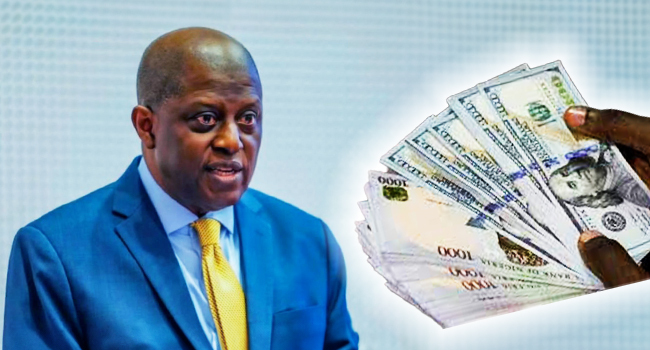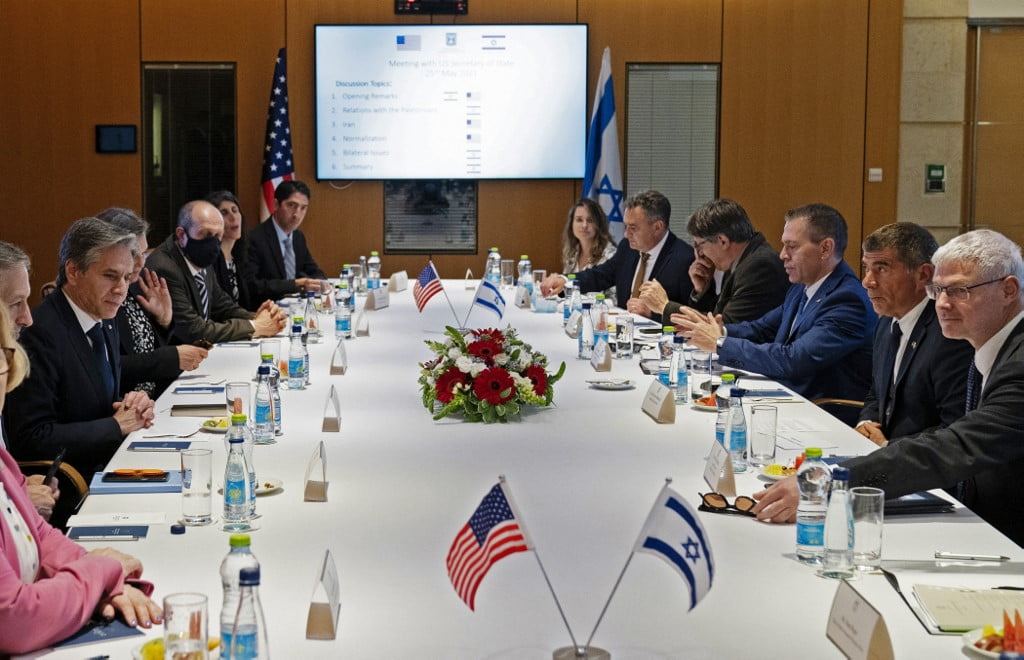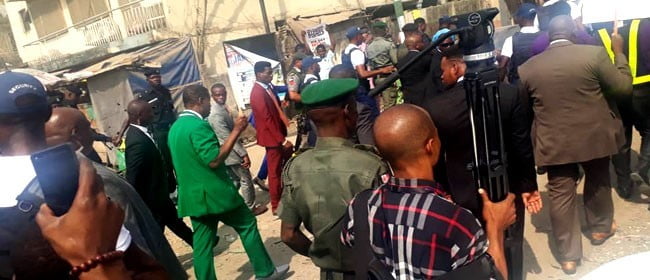Amnesty International on Wednesday accused Nigerian security forces of killing at least 115 people between March and June this year
in a crackdown on a secessionist movement in the southeast. Violence broke out in the southeastern states, killing at least 127 police and security personnel, according to the police, while local media reported that about 20 police stations and election offices were attacked.
The Indigenous Peoples of Biafra Independence Movement (IPOB), which advocates the secession of Nigeria’s predominantly Igbo-populated southeast, and its paramilitary wing, the Eastern Security Network ESN, were accused of masterminding the violence, which IPOB denied.
According to Amnesty International, security forces, including the army, police, and the Department of State Services (DSS) intelligence agency, suppressed the attacks, killing dozens of gunmen as well as civilians.
“The evidence gathered by Amnesty International paints a damning picture of the ruthless use of force by Nigerian security forces in Imo, Anambra and Abia states,” said Osai Ojigho, the NGO’s Nigeria director.
Arbitrary arrests
The human rights organization said it counted at least 115 people killed by the security forces between March and June 2021. When asked, the Nigerian police did not immediately react to these accusations. “I have not seen the report (of Amnesty, editor’s note). I can therefore not respond,” Frank Mba, spokesman for the national police told AFP.
Relatives of the victims told the NGO that they were not part of the militant groups that attacked the security forces. “Many of the victims were taken to government hospitals in Imo and Abia states,” she said. Amnesty has also documented cases of arbitrary arrests, ill-treatment and torture in the area.
In May 2021, the Imo State government announced the arrest of at least 400 people allegedly linked to the violence. “Amnesty International’s investigation indicates that most of them were picked up at random from their homes or on the street and had nothing to do with the IPOB protests or ESN,” the NGO said.
Crackdown on pro-independence activists
Local and international human rights groups have in the past regularly accused Nigerian security forces of rights violations, but they have always denied these accusations. Nigeria has recently stepped up its crackdown on pro-independence groups, including prosecuting their leaders.
Last month, IPOB founder and leader Nnamdi Kanu was arrested in Kenya after four years on the run, according to his lawyers, and was brought back to Nigeria in controversial circumstances. His trial has now begun on charges including “terrorism” and “treason”.
IPOB dreams of reviving the defunct Republic of Biafra, whose declaration of independence led to a 30-month civil war between 1967 and 1970.The conflict left more than a million people dead, mainly Igbo, mostly from starvation and disease.
Another separatist leader, Sunday Adeyemo, also known as Sunday Igboho, was arrested in July in neighboring Benin while attempting to fly to Germany. He is currently being held in Benin awaiting extradition. He too is calling for independence for the Yoruba people in southwestern Nigeria following violence attributed to Fulani herders in his region.
Ethnic Tensions
President Muhammadu Buhari, a Fulani, is accused by his critics of favouring his northern relatives, many of whom have been appointed to key positions of responsibility in Nigeria.
With a population of more than 210 million, Nigeria has more than 250 ethnic groups and is regularly rocked by ethnic and communal tensions in different regions.
The three largest groups are the Hausa Fulani in the north, the Igbo in the southeast and the Yoruba in the southwest.
SOURCE AFRICANEWS



